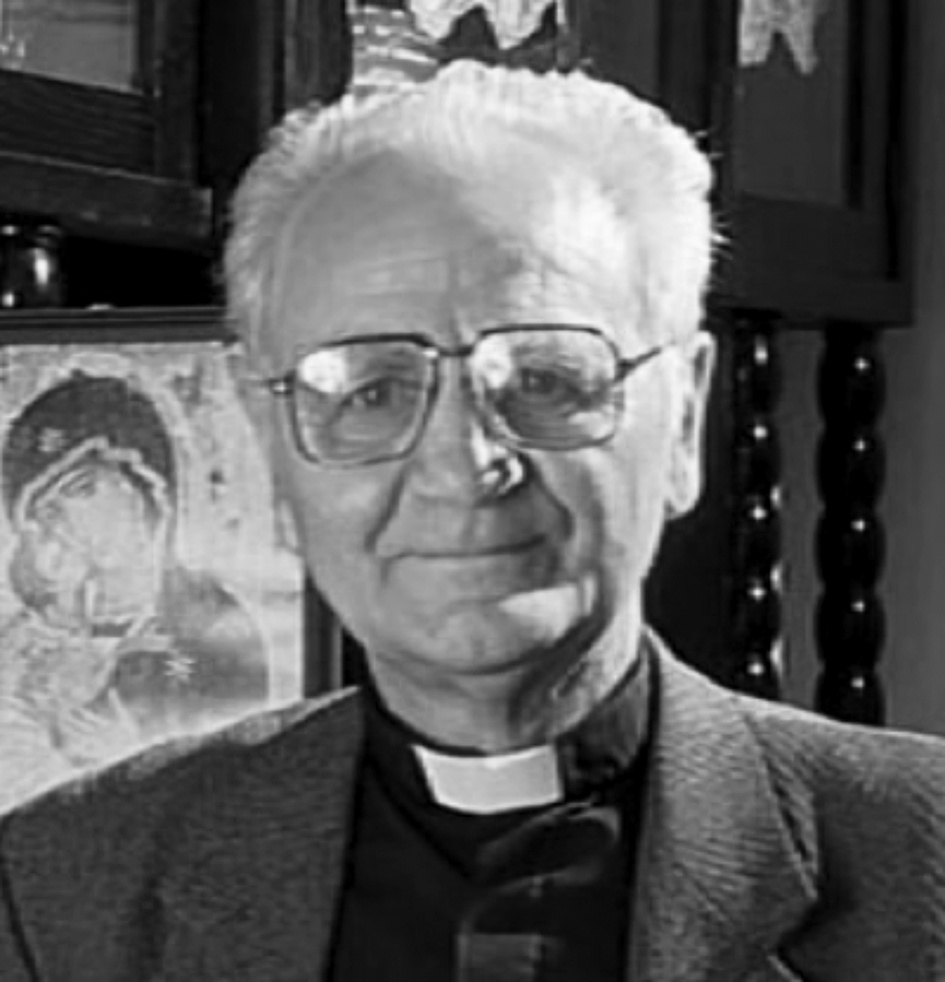During the „Prague Spring“ in 1968, the catholic Church was able to undertake a number of changes, that, although only temporary, contributed to the revival of religious life. Gradual changes in the Church politics started in the second half of 1969, when the Central Committee of the Communist Party of Slovakia approved a proposal of measures for the political approach in the area of Church policies in Slovakia. It spoke of the first contours of the normalization politics regarding the Churches. Their goal was to teach the Church to be afraid again. The Proposal of long-term approach in the area of Church politics and worldview education in Slovakia from August 1971 analysed, in detail, the issue of Church politics. It was only „the first step in the finalization of a thoroughly thought through and effective concept of a difficult and complicated battle against religion“, and the proposal became a symbol of long-term normalization Church politics. In this „normalized“ society, the secret Church began to rise again. In 1968, political prisoners, including priests and bishops returned from prison.
The secret Church in the 1970s and 1980s was characterized by activity of laymen. A large credit for the ideas of small congregations has to be given to Silvester Krčméry and Vladimír Jukl. Like many spiritual disciples of Croatian priest Tomislav Poglajen – Kolakovič, they spent the 1950s in communist prison, simply because they were active Christians. They were sentenced for 14 and 25 years respectively. They were released from prison shortly before the Prague Spring.
Their meeting with the bishop Ján Chryzostom Korec, was to be very important. They asked him to, as a bishop, to take patronage over their plan. The future showed, that they planted a seed of a large, beautiful tree.




